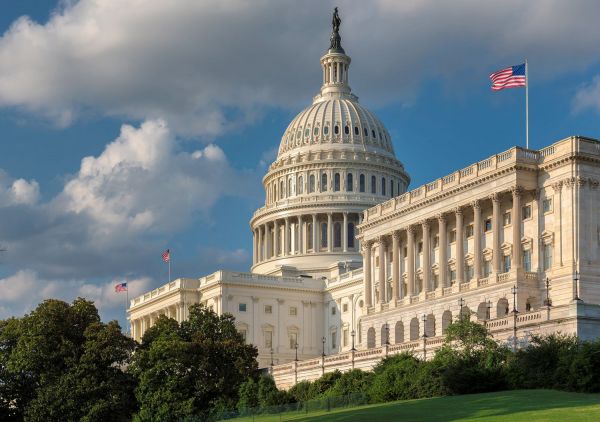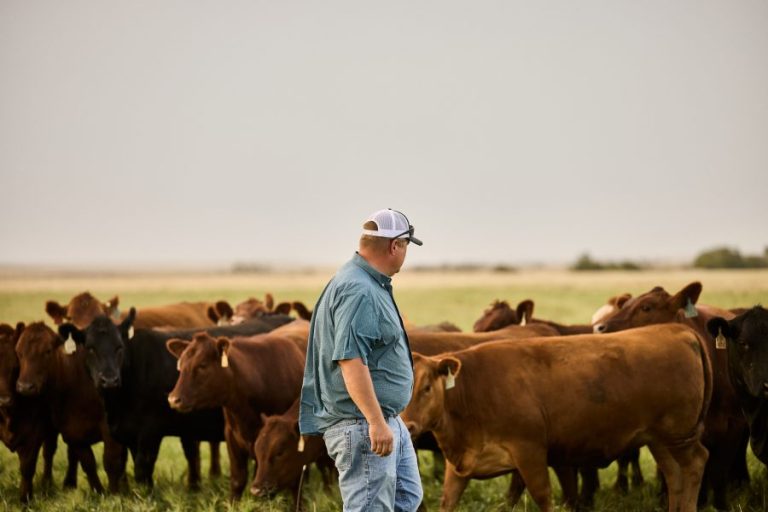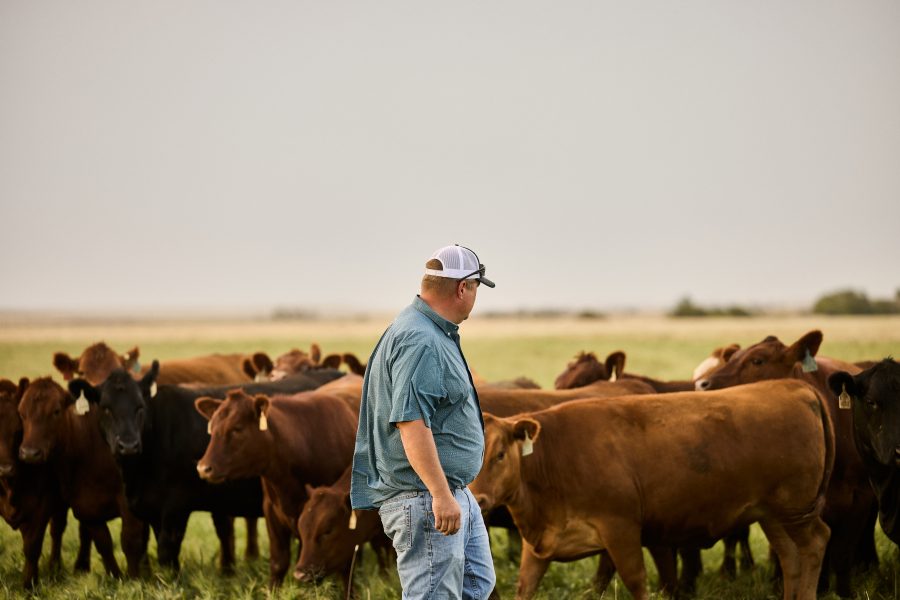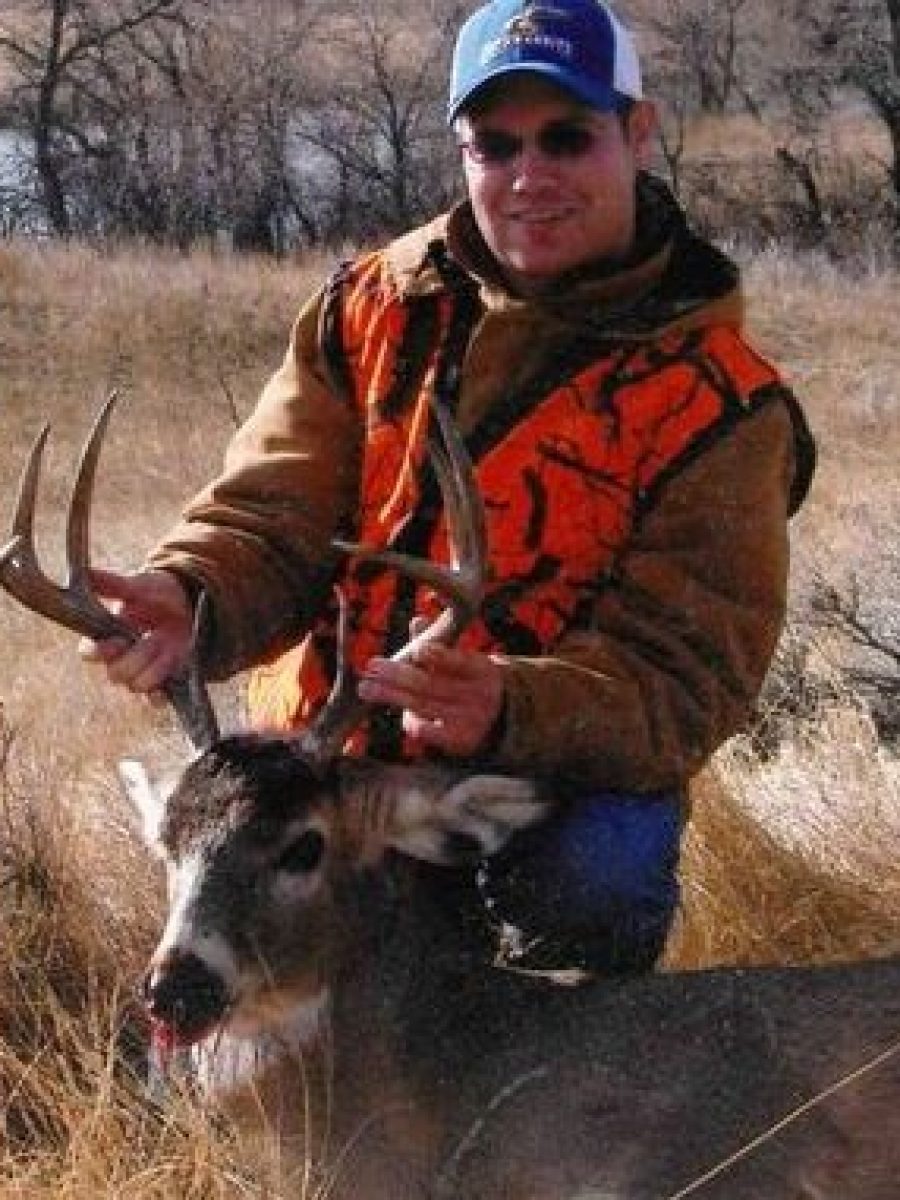WASHINGTON, DC – The world’s largest meat packer considered the makeup of the U.S. meat industry sitting around the table at a recent closed-door and decided they didn’t want to take a seat.
JBS USA, a unit of the Brazilian meat conglomerate JBS SA, has left the National Cattlemen’s Beef Association (NCBA) in a surprise move that comes as the group began taking a harder line on concerns about market consolidation.
 The news came as NCBA and other rancher and producer organizations have begun actively lobbying for more transactional transparency in the beef market – including more investigation by the US Department of Justice (DOJ) into the prices cattle producers are getting versus what packers are getting and what consumers are paying.
The news came as NCBA and other rancher and producer organizations have begun actively lobbying for more transactional transparency in the beef market – including more investigation by the US Department of Justice (DOJ) into the prices cattle producers are getting versus what packers are getting and what consumers are paying.
In May, multiple ag organizations with a history of opposing one another on several issues – including the matter of price discovery and transparency – met to discuss problems and solutions to current market inequities within the cattle and beef trade.
That led to the group asking the DOJ to publicly report on its current antitrust investigation that began formulating in late 2019. And was followed with 16 members of Congress writing to DOJ last week seeking an update on the same probe.
All that led to JBS bowing out. “We continue to support U.S. producers through our daily participation in cash cattle markets and through state producer associations,” a company spokesperson said. “We suspended our dues as part of our annual review process to determine the benefit and effectiveness of our trade association investments. We remain involved in many NCBA activities and meet with them often at varying levels of our organization.”
In April 2020, then US Secretary of Agriculture Sonny Perdue directed USDA’s Agricultural Marketing Service to extend its oversight to determine the causes of divergence between box and live beef prices.
In July 2020, USDA released the Boxed Beef and Fed Cattle Price Spread Investigation Report. The report didn’t include any details from the investigation into potential violations of the Packers & Stockyards Act.
In May 2020, the DOJ’s antitrust division announced it would pursue an investigation of its own into the $213 billion U.S. meat industry. The DOJ sent investigative inquiries to Tyson Foods, JBS SA, Cargill and National Beef.
The investigation has so far yielded no results to producers and lawmakers
For many ranchers, feeders, auction market owners, and other trade interests, they say they have waited long enough for findings from the DOJ investigation. “It’s way past time for prior investigations to yield information on these issues,” said NCBA Vice President and South Dakota producer Todd Wilkinson of DeSmet.
In addition to the DOJ investigation, there are at least two legislative measures being proposed to address inequities in the cattle and beef trade. There is also a voluntary reporting program the “75% Plan,” developed by NCBA’s Live Cattle Marketing Working Group and begun January 1.
The first quarterly report of the “75% Plan” showed a major trigger was tripped during the first quarter of 2021….and no voluntary participation from packers. According to NCBA’s member-approved framework, if another major trigger is tripped during any of the remaining quarters this year, NCBA will pursue a legislative or regulatory solution.
For its part, JBS says, “We have taken no position on any of the proposals offered by producers or Congress as we believe any changes to how cattle are marketed or sold in the US should be determined solely by producers.”
RELATED NEWS Bloomberg Law
JBS to pay $57 million in class action lawsuit, agrees to cooperate against other meat packers
MINNEAPOLIS, MN – JBS SA will pay nearly $13 million to resolve a proposed pork price-fixing class action led by restaurants and retailers, the last plaintiffs with live claims against the meatpacking giant after deals with wholesalers and consumers worth $45 million, according to a federal court filing in Minneapolis.

The settlement, docketed in the U.S. District Court for the District of Minnesota, is the third eight-figure agreement reached by JBS, which has agreed to escape wholesaler allegations for $24.5 million and consumer claims for $20 million.
Those deals have gotten tentative approval from Judge John R. Tunheim. If he approves the “commercial and institutional indirect purchaser” agreement, it will end litigation over the role JBS played in an alleged industrywide scheme to raise prices through coordinated statements and secret data exchanges.
The total price tag for JBS will come to $57 million. The company has also pledged to cooperate against Tyson Foods Inc., Hormel Foods Corp., Clemens Family Corp., Seabord Corp., and Smithfield Foods Inc. The meatpackers, including JBS, allegedly control 80% of the wholesale pork market.
The consolidated antitrust lawsuit, filed in 2018, is part of a wave of cartel cases involving livestock and protein, including chicken, beef, turkey, tuna, salmon, and eggs. Tuna and chicken executives are facing actual or potential prison time in connection with the price-fixing allegations.
Unlike many other civil antitrust actions, this case was developed and brought without the benefit of a formal antitrust investigation by the US Department of Justice or the assistance of a leniency applicant under the DOJ’s Corporate Leniency Program,” the court document said. “Rather, the conspiracy was identified by consumer Indirect Purchaser Plaintiffs (IPPs) through the use of investigators and economists, leading to the first complaint filed – the consumer IPP complaint.”












